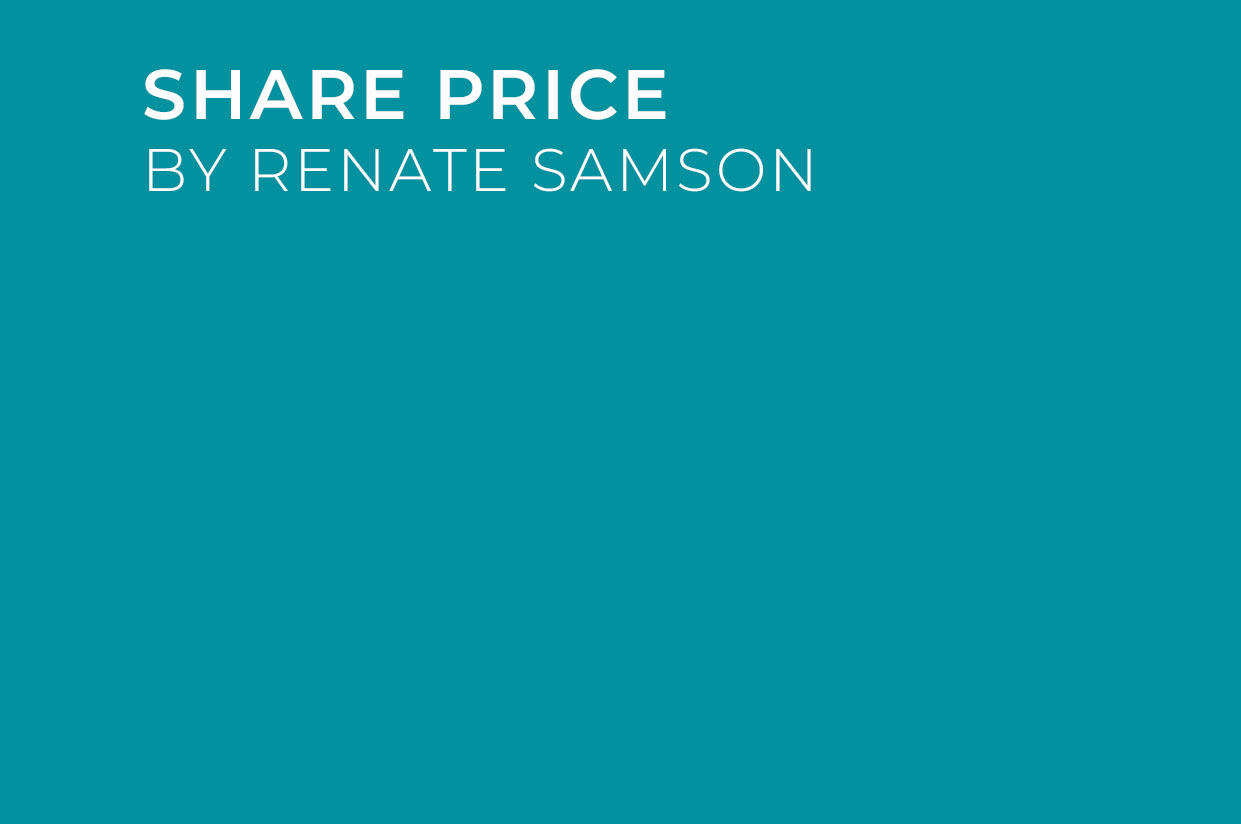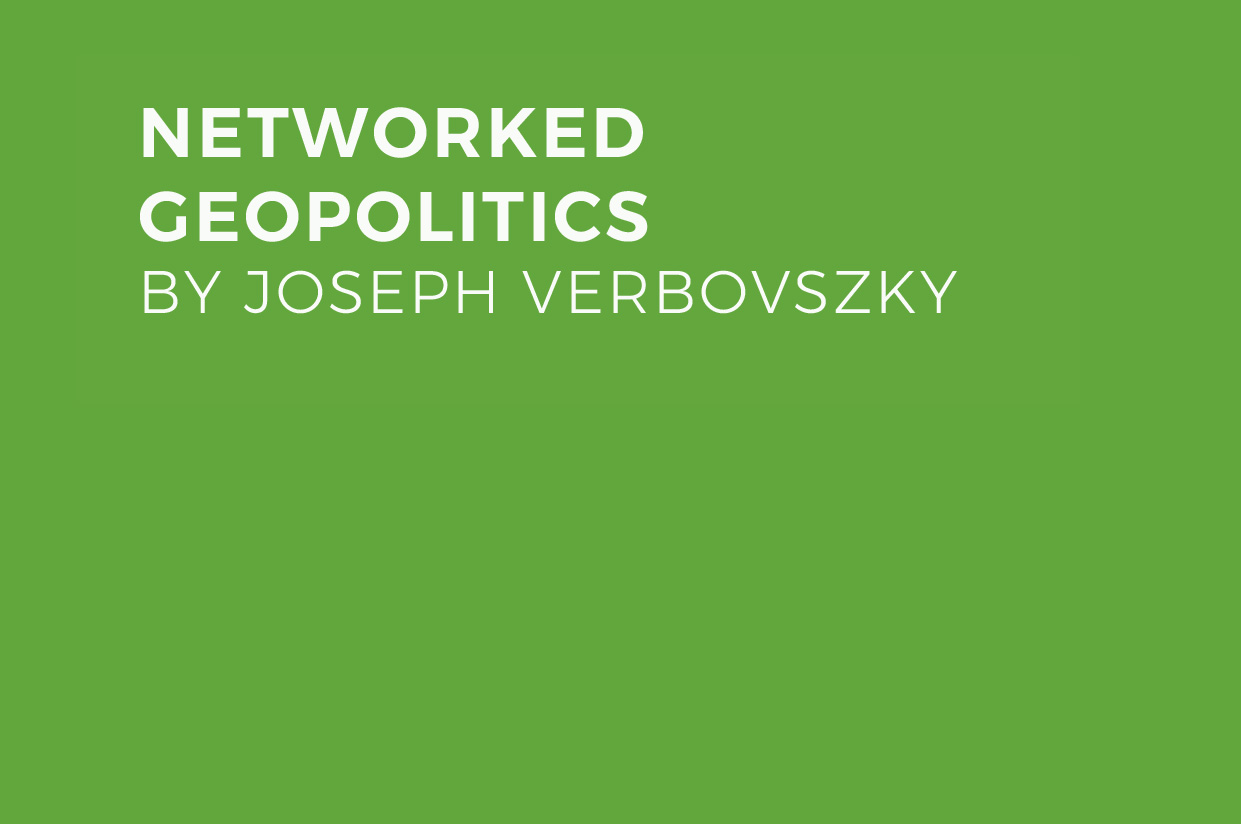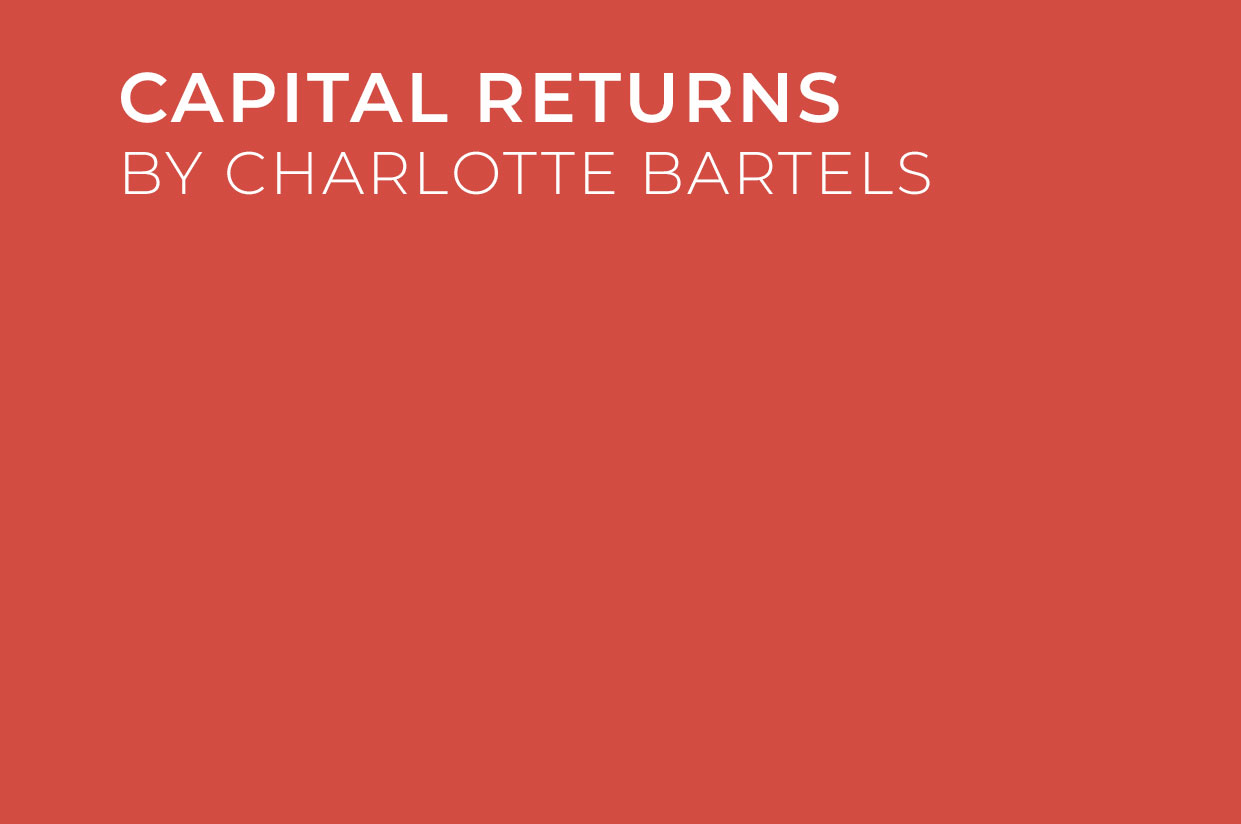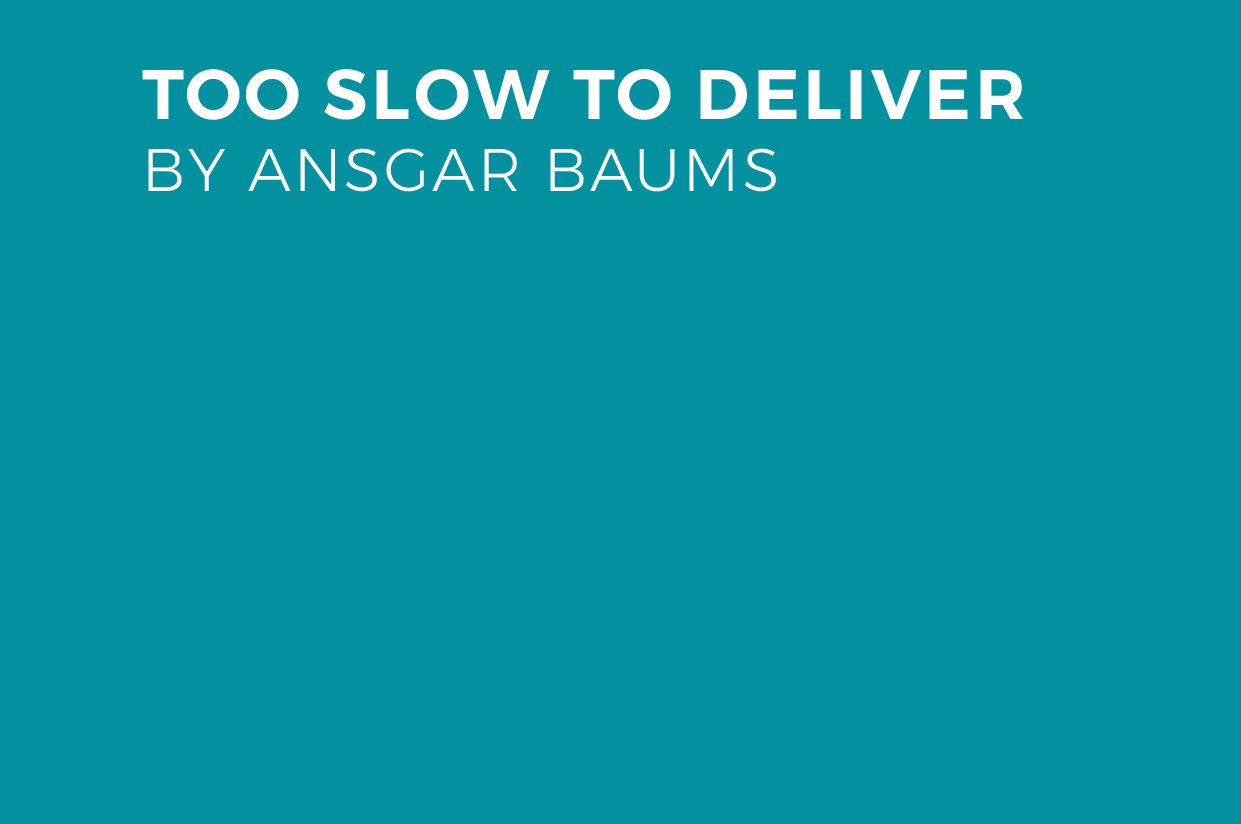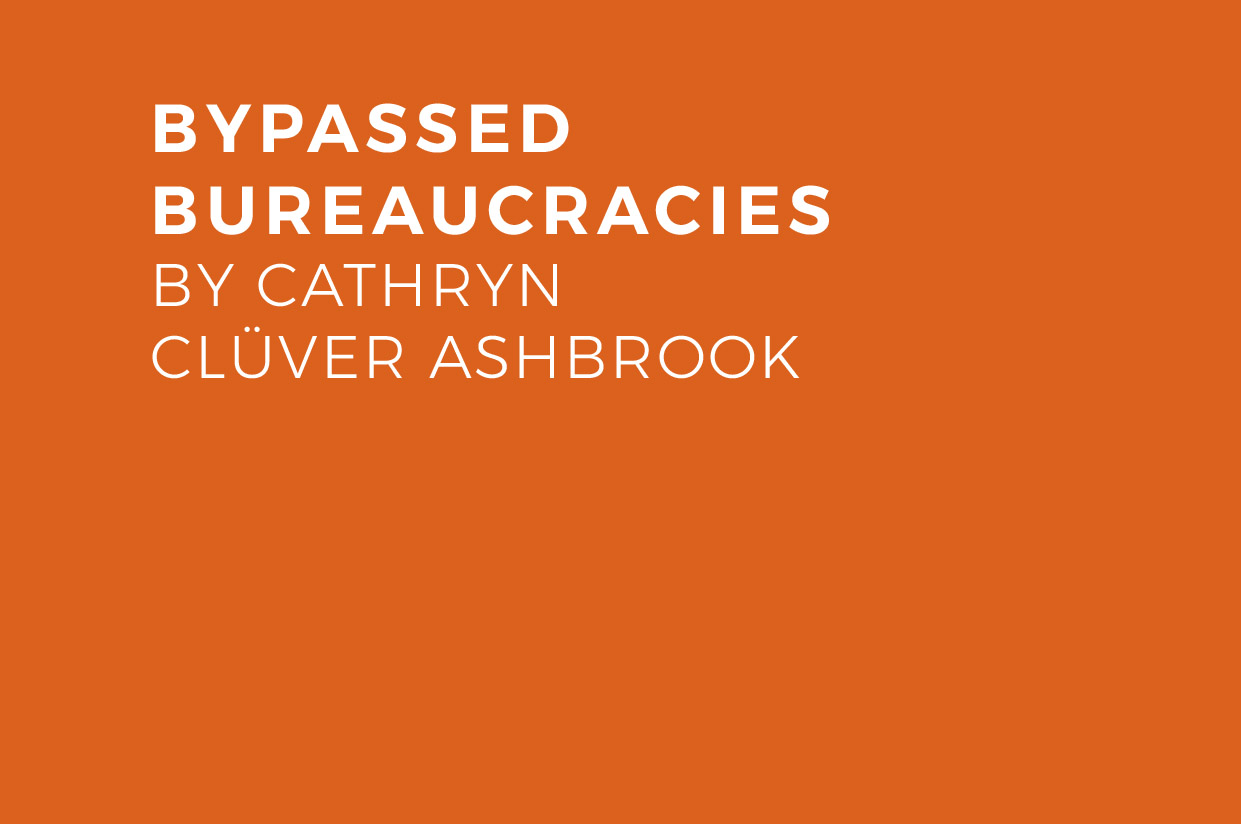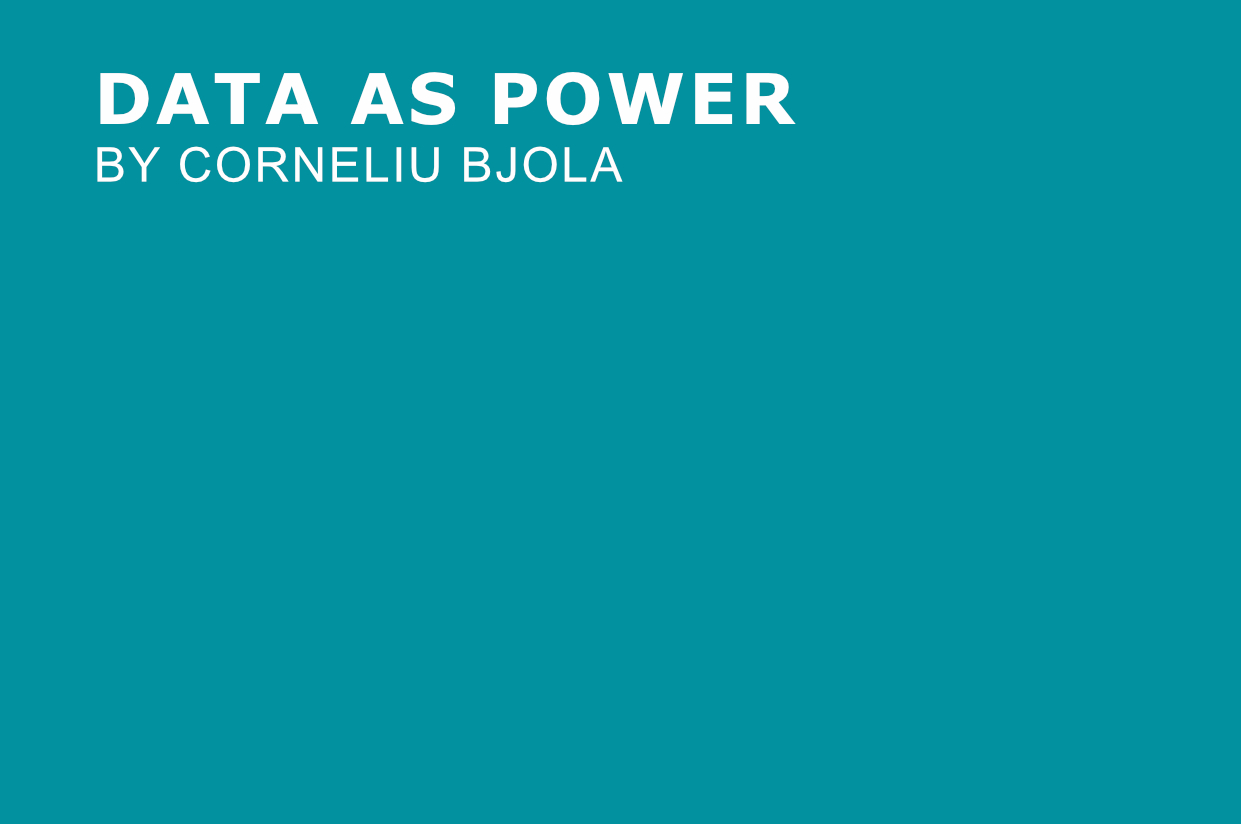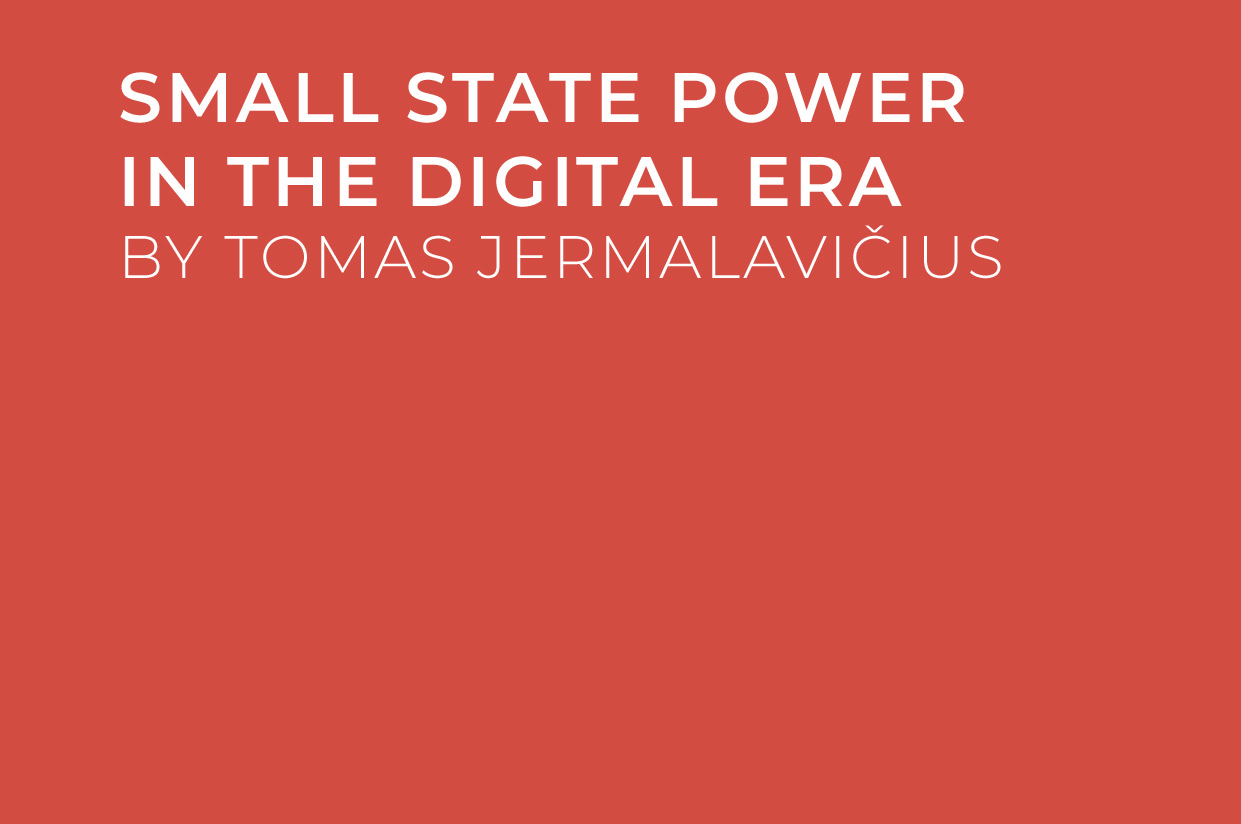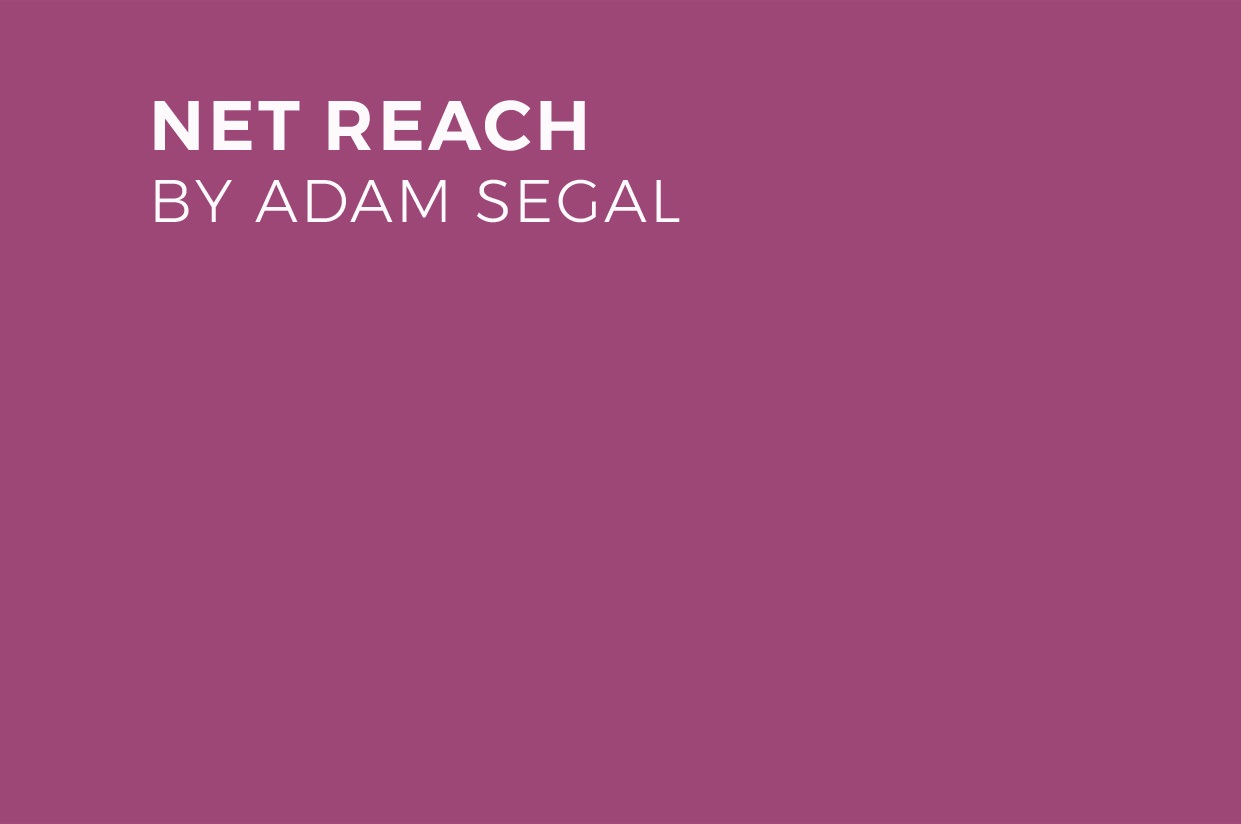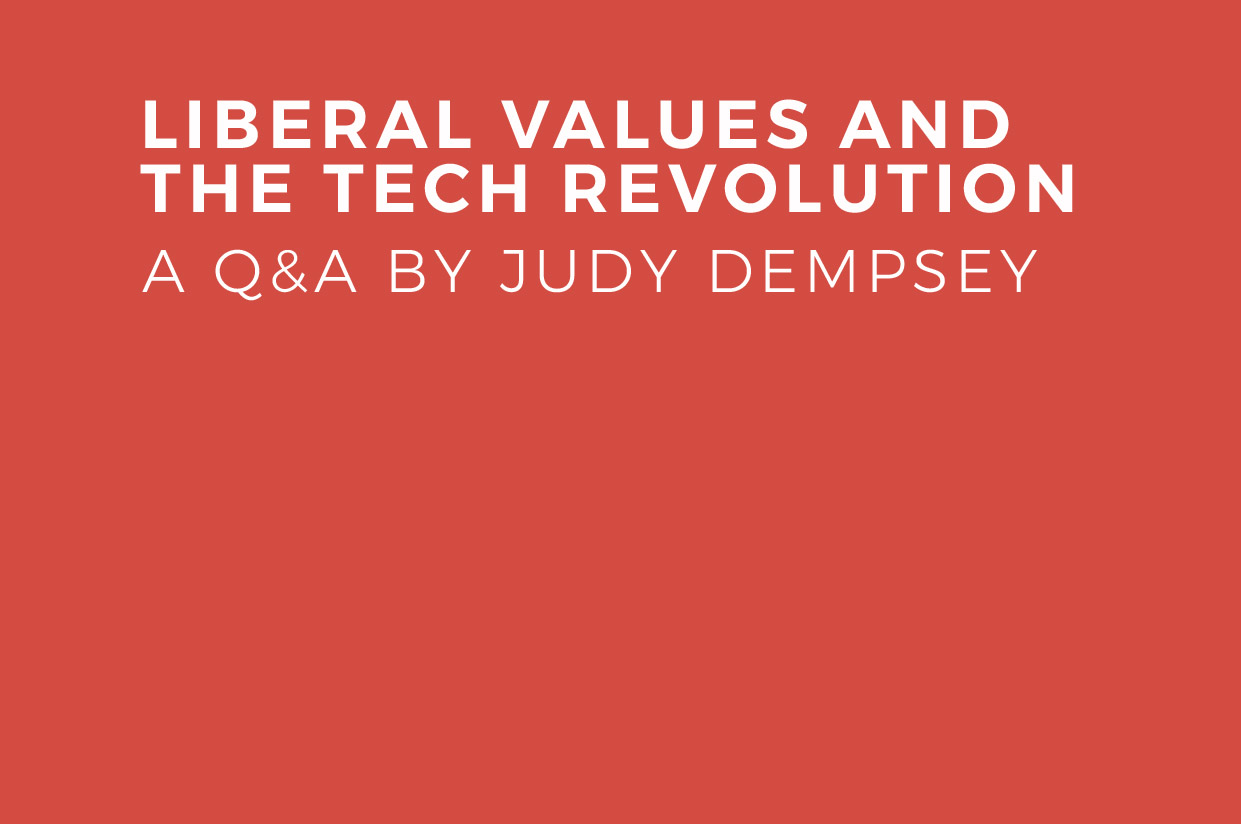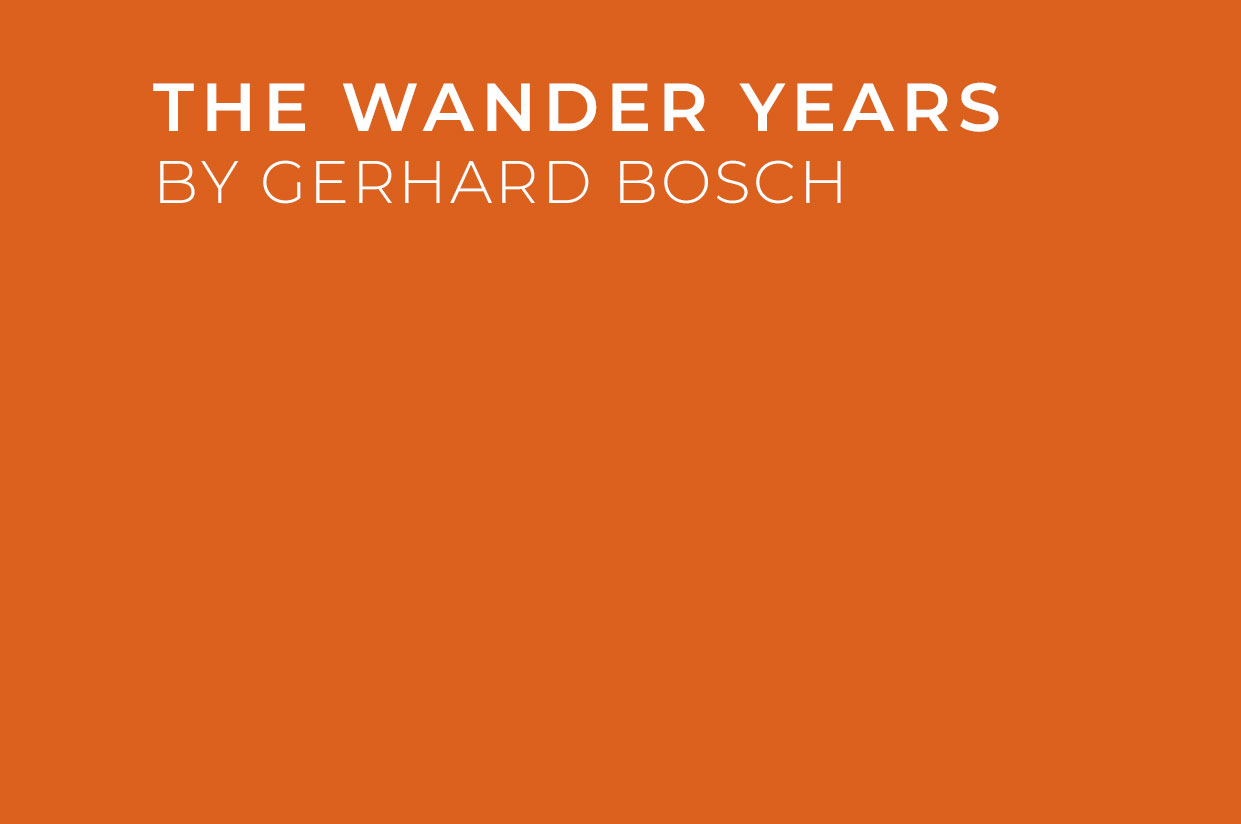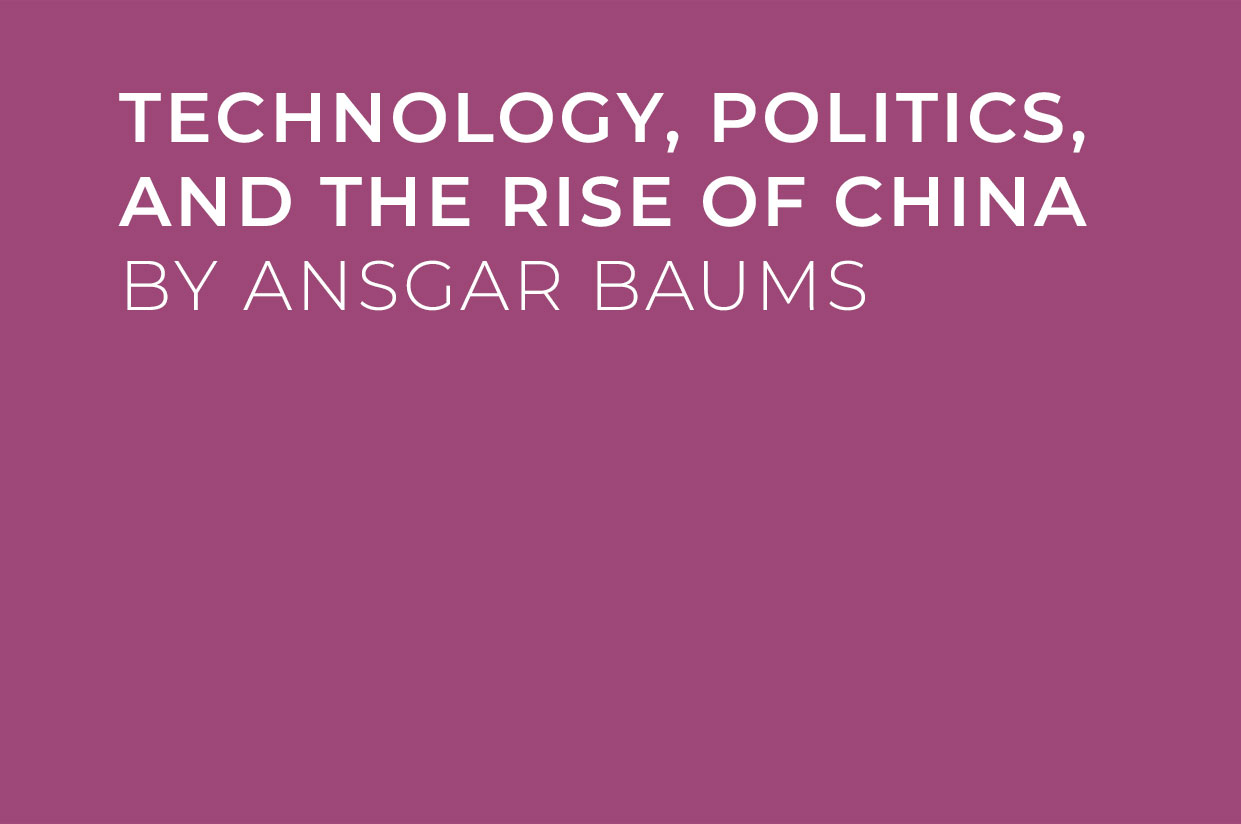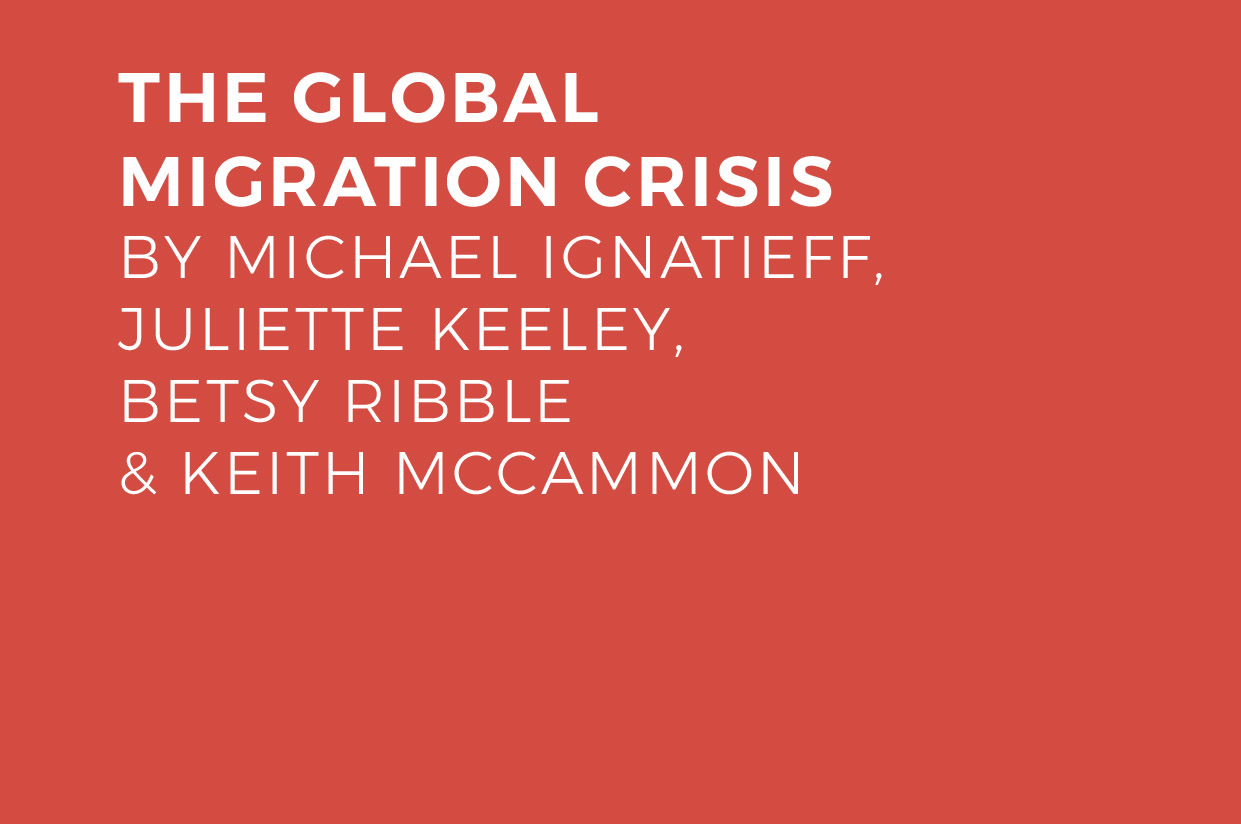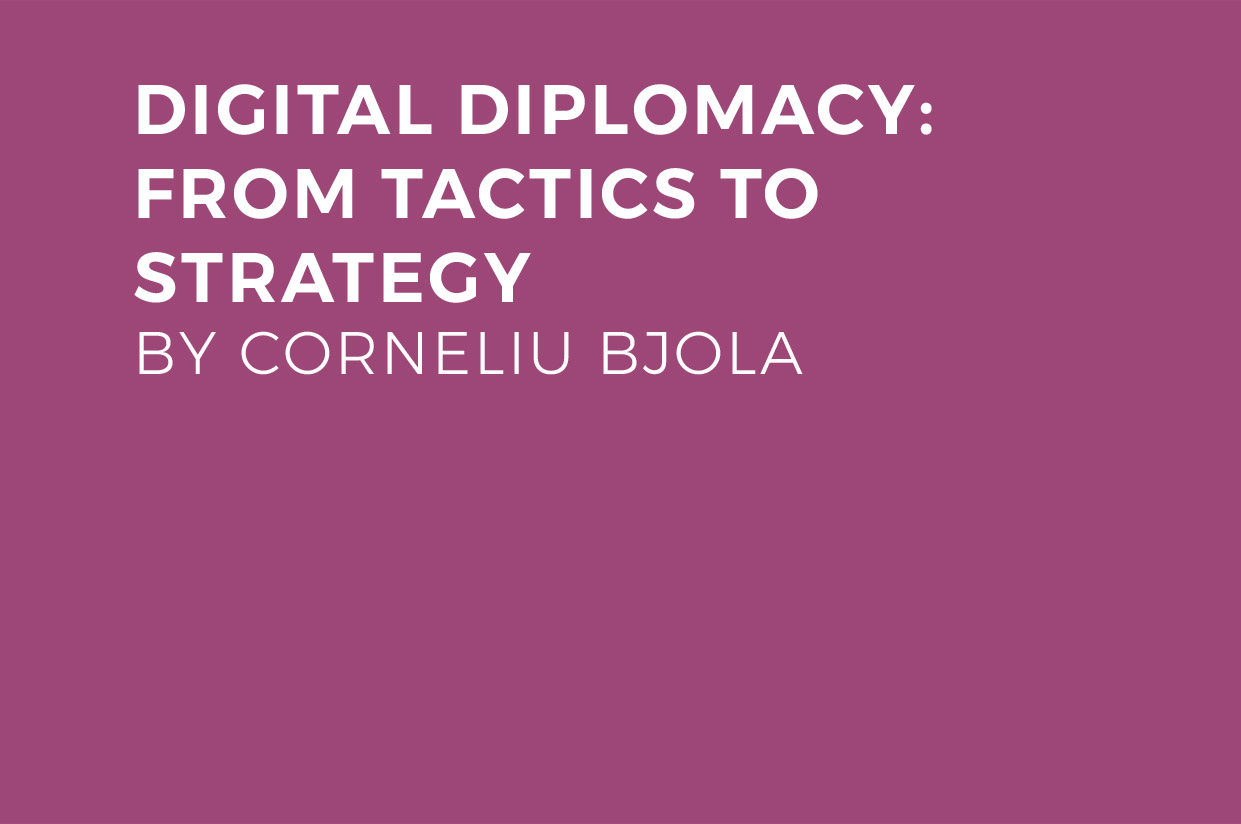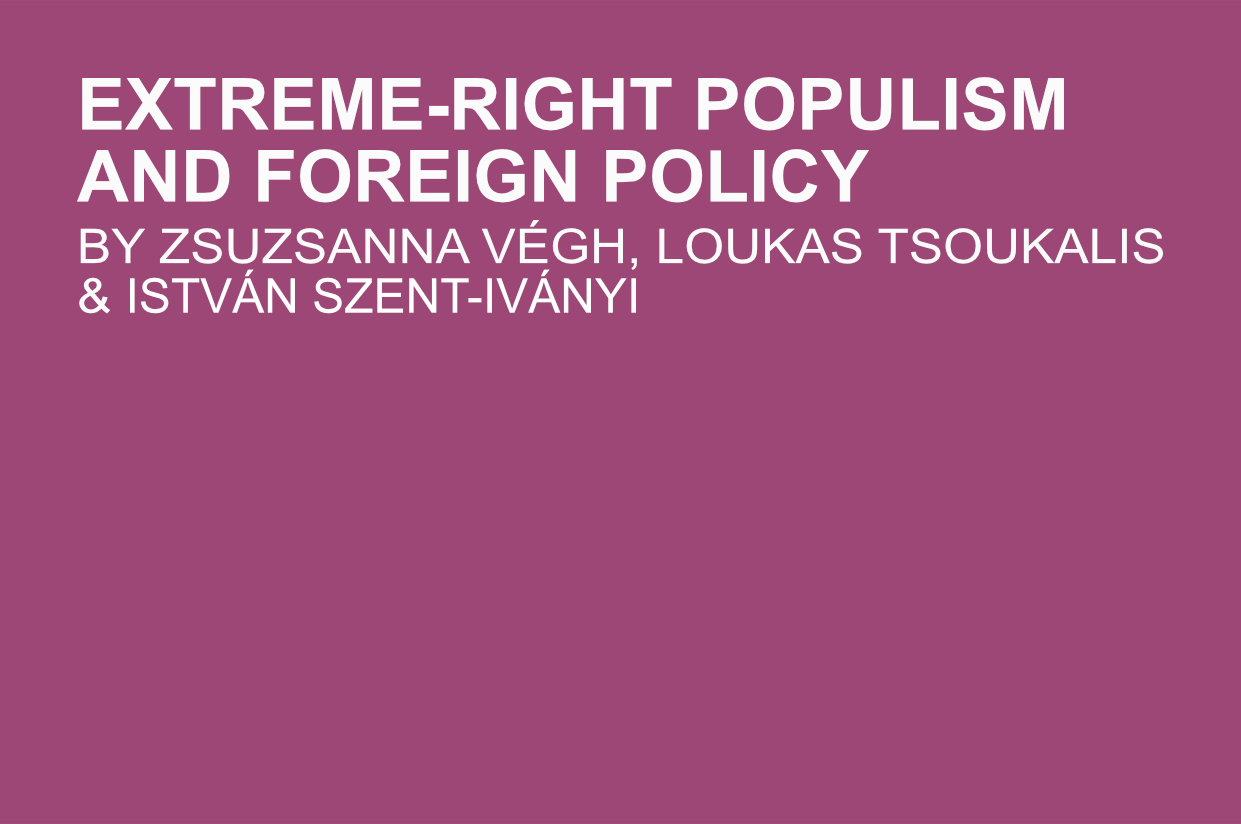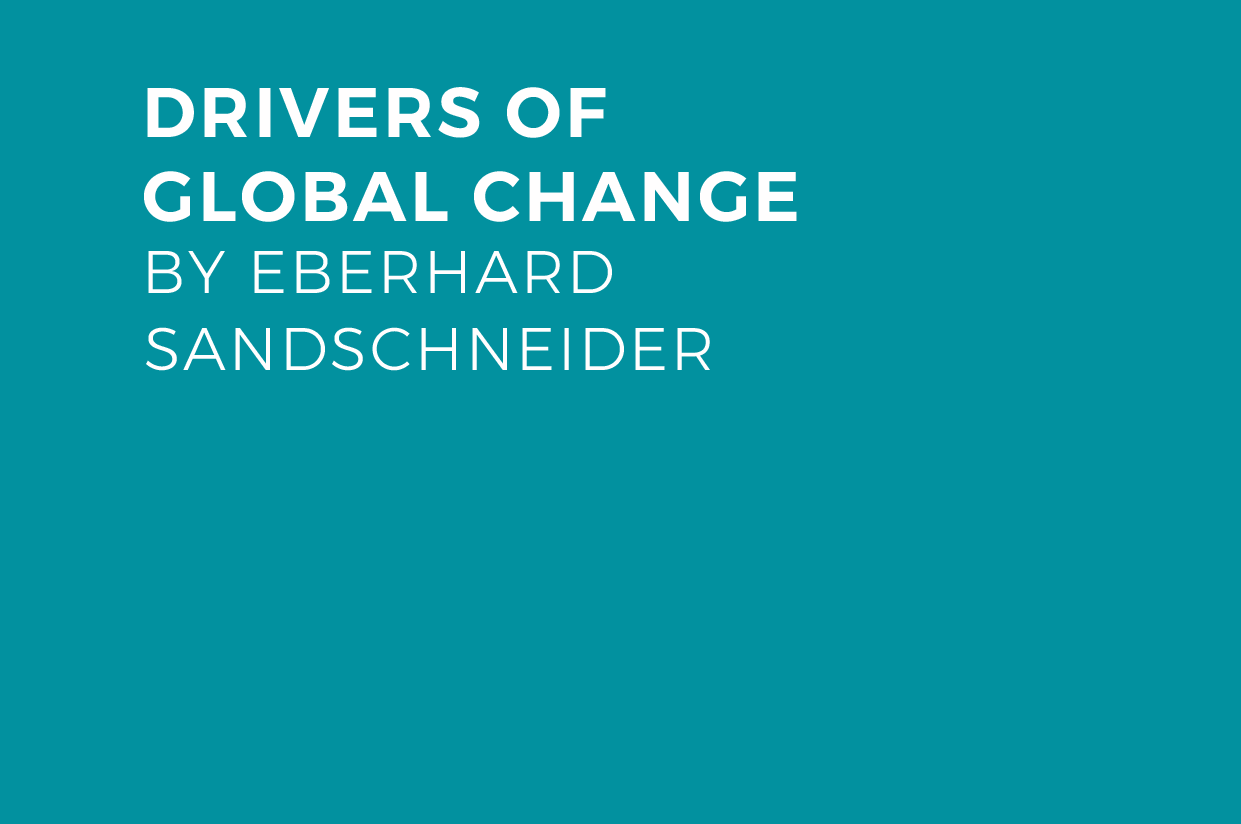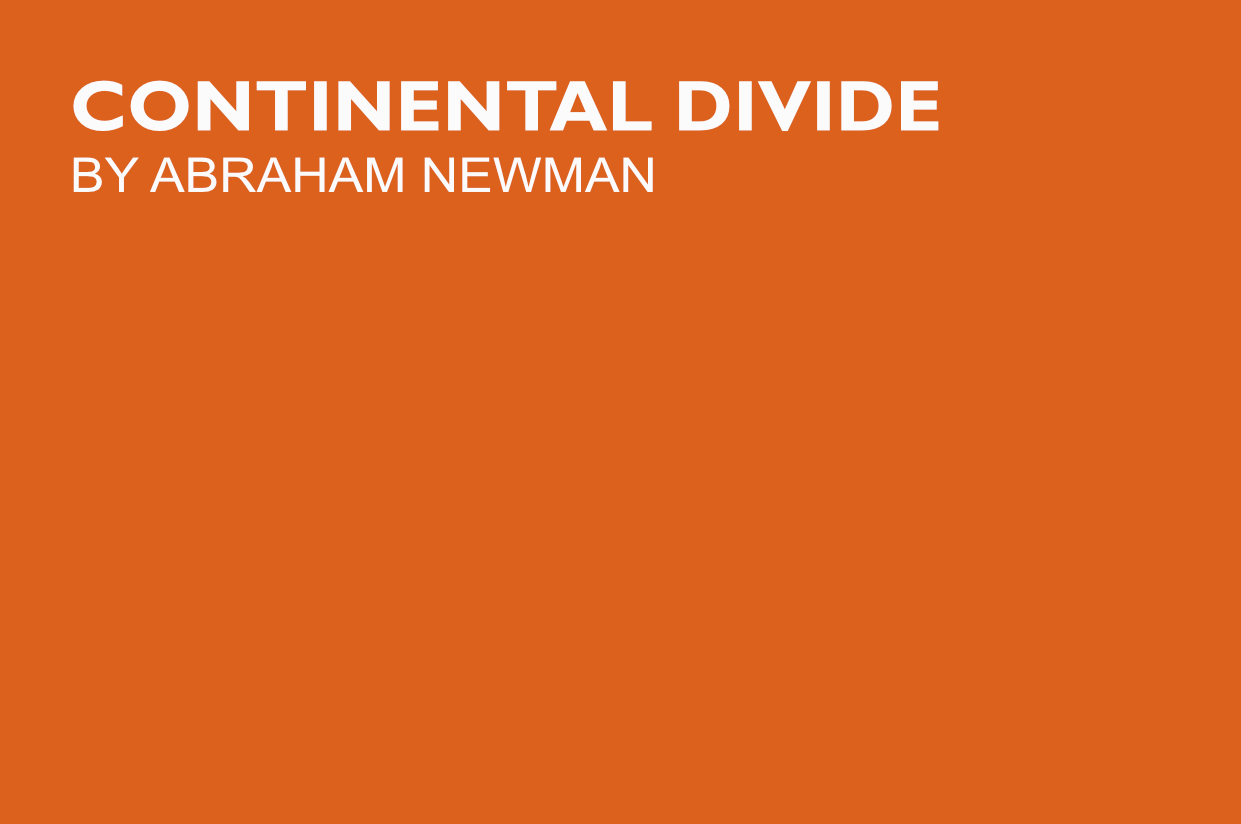
Continental Divide
Europe in an age of geo-economics
By Abraham Newman
For decades, Europe wrapped itself in a simple story that tied international trade to peace and prosperity. It went under different guises: Wandel durch Handel (“change through trade”) in Germany; the four freedoms of the Treaty of Rome; the rules-based international trading system. They all promised a world of global politics in which economic relations would not only grow the economy but also tame great-power tensions.
The story had a good run, but is struggling to find a happy ending. Ask any pensioner in Germany about their heating bill this past winter. Rather than subduing national ambitions, the Dutch semi-conductor firm ASML has become an unexpected foot soldier on a new economic battlefield between the United States and China over technological supremacy. And Deutsche Bank finds itself stuck in the middle of Europe’s sanctions against Russia.
This is all part of a process that my co-author Henry Farrell and I describe under the banner of weaponized interdependence. Many of the most important networks of globalization have become centralized around a few key firms – think Apple, the semi-conductor firm TSMC, or JP Morgan. Governments have woken up to this and exploited this economic concentration to put pressure on their adversaries. In this battlefield, countries can be cut out of vital infrastructure in ways that threaten their economy and politics. This led Foreign Minister Annalena Baerbock to warn business leaders in Germany that “economic clout is being used ruthlessly for political power games.”
The question for Germany and Europe is what to do about this new harsh reality. It is easy to fall into other old stories, fighting about who is a great power and whether the coming conflicts will be hot or cold. The President of France, Emmanuel Macron, spent the better part of a decade nurturing a set of catch phrases such as “European sovereignty” and “strategic autonomy” to do just that. The foundation for such approaches is the hope that Europe could act independently from its allies and resist pressure from its adversaries. Jetting back from a recent trip to China, Macron mused in an interview that Europe had to assert its “strategic autonomy” so as to become a “third superpower” or face becoming a “vassal” of the United States. As he passed over the bloody battlefield of Bakhmut, Ukraine, it was not hard to hear the hollow ring of this call to action. If nothing else, Russia’s invasion of Ukraine has once again laid bare Europe’s military dependence upon the United States.
Jetting back from a recent trip to China, Macron mused in an interview that Europe had to assert its “strategic autonomy” so as to become a “third superpower” or face becoming a “vassal” of the United States.
Strategic autonomy misses the mark not just on the battlefield; it also misses how the underlying economic conflicts have changed. Perhaps during the Cold War one could talk of a clash between discrete poles. The major players – the US and the Soviet Union – barely traded with each other. But now, the economies of Europe, the United States, China, and others are deeply intertwined. If the primary worry then was about militaries going head-to-head, now the risks are much more subtle: economic flows being turned into political weapons.
This doesn’t mean that Europe should simply capitulate; its response to Russia’s invasion of Ukraine has shown that it too has a few surprises up its sleeve. Not many observers expected the EU to be able to agree upon and implement what is now 11 sanctions packages. And let’s not forget that it was the European Central Bank that played a critical role in freezing hundreds of billions of euros worth of Russian central-bank reserves—a move that turned heads not just in Moscow but Beijing as well.
To succeed in this new world of economic coercion, Europe will need to invest in new capacities and institutions. First and foremost, this will require more government expertise to understand the underlying networks that make the global economy tick. Bottlenecks in these networks became painfully obvious during COVID, but as their manipulation becomes intentional, states will need to be in the position to predict as well as respond to their exploitation. Here, the United States already has hordes of experts combing over the semi-conductor supply chain, while Berlin has a mere handful. Now replicate that need across the global economy. Second, Germany and Europe will need to build the institutions necessary to mobilize their economies for their defense. Whereas the United States has well-oiled sanctions machinery, Europe is still often lacking the implementation systems to oversee and enforce its efforts. The recently agreed-to European anti-coercion mechanism serves here as a first step that needs to be followed up both at the member state level and in other sectors and domains.
Whereas the United States has well-oiled sanctions machinery, Europe is still often lacking the implementation systems to oversee and enforce its efforts.
Ultimately, however, expertise and institutions will not matter without a clear strategy concerning the objectives for which such tools will be used. That is why European Commissioner Ursula von der Leyen’s announcement that the Commission will develop an Economic Security Strategy is so important. It will help determine both when such tools will be used as well as when they should not be used. Equally important, such an agenda should outline the goals, which these tools may be put to use.
If done right, such an approach would prevent the world from falling into the harshest form of economic decoupling, an outcome that would inflict tremendous harm on German citizens and businesses alike—and which we all should wish to avoid.
Abraham Newman is the spring 2023 Richard C. Holbrooke Fellow at the American Academy in Berlin and a professor of government in the Edmund A. Walsh School of Foreign Service and Government Department at Georgetown University.

